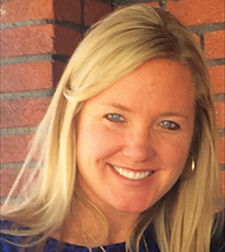
When I was a child, my career aspiration was to be a teacher
or a preacher. I knew from a young age that I simply wanted to help people.
From my days as a professional matchmaker to years spent in staffing to almost
a decade in corporate security, my desire to help others has gotten stronger as
I see the world in which we live and work become decreasingly kind and
increasingly dangerous.
For business travelers, there's a material impact of such
increased risk. As companies expand internationally, and also domestically, the
responsibility of protecting people, assets and operations becomes more
complex. Essential travel risk management components become paramount, and
those include traveler tracking, medical and security assistance services and
clear and concise communication streams with travelers.
And the definition of "traveler" should include
all travelers—for example: male and female travelers, LGBTQ travelers,
travelers to high-risk destinations. The truth is that duty of care—the company's
legal obligation to ensure its employees are safe—exists. With this realization
comes the enormous responsibility on the part of the employer to ensure that
all classes of traveling employees are protected. This can be challenging yet
can be accomplished through a variety of efforts from stakeholders on both
sides.
We need more travel risk management suppliers to come to the
table with factual and digestible intelligence and information as it relates to
diverse workforces. We need concise and relevant guidance to keep various
traveling populations safe and secure throughout the world with its
ever-changing laws and customs. And it is time for honest dialogue within the
industry. We need to help each other initiate the necessary conversations to
ensure these needs are addressed.
Beyond that, diverse and inclusive environments need to be
acknowledged among all corporate employees. As a start, pre-travel training
targeted to each group outlined above should be offered to every employee.
While individual employees may not travel or they may not identify as a member
of the LGBTQ or female traveling population, maybe someone they work for, work
with or manage does. Creating increased awareness can drive more thoughtful
decision-making and can support risk management recommendations that deliver
impact.
If I could teach or preach anything right now,
it would be that traveler safety and security must be everyone's business. When
we all share in this responsibility, we make the world more open and connected
in a way that is inclusive and helps keep all traveling employees safe.